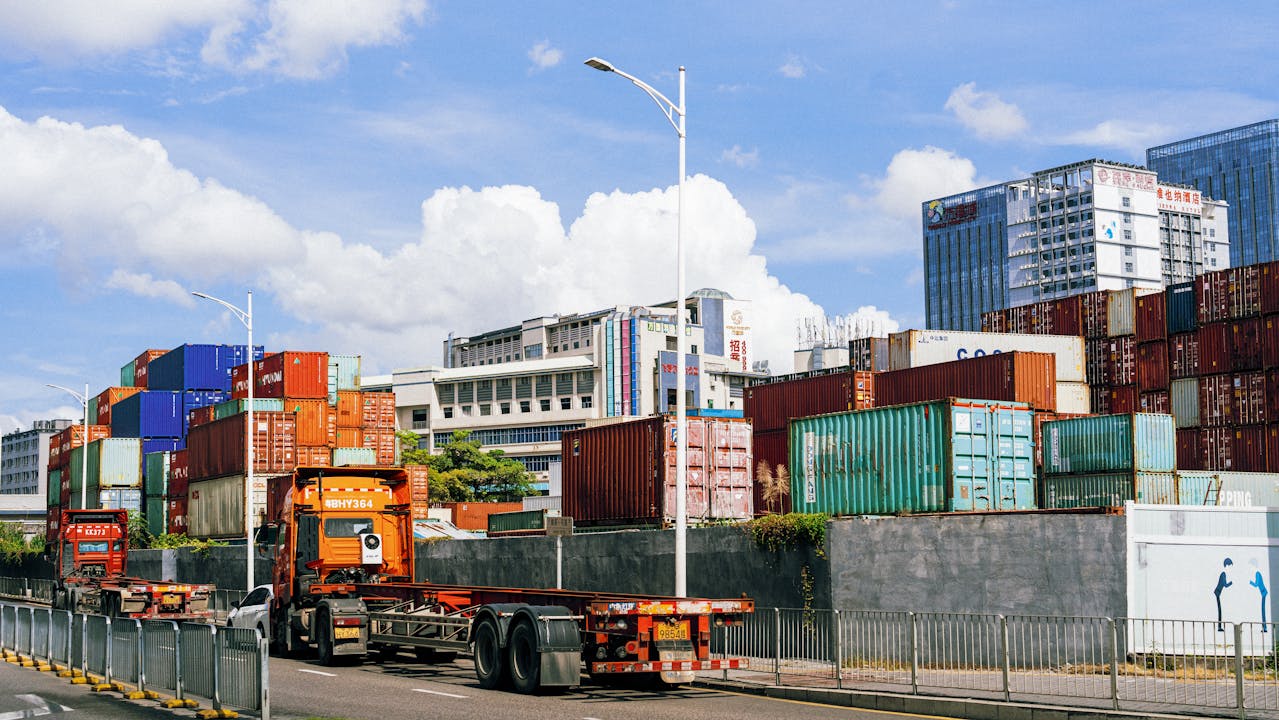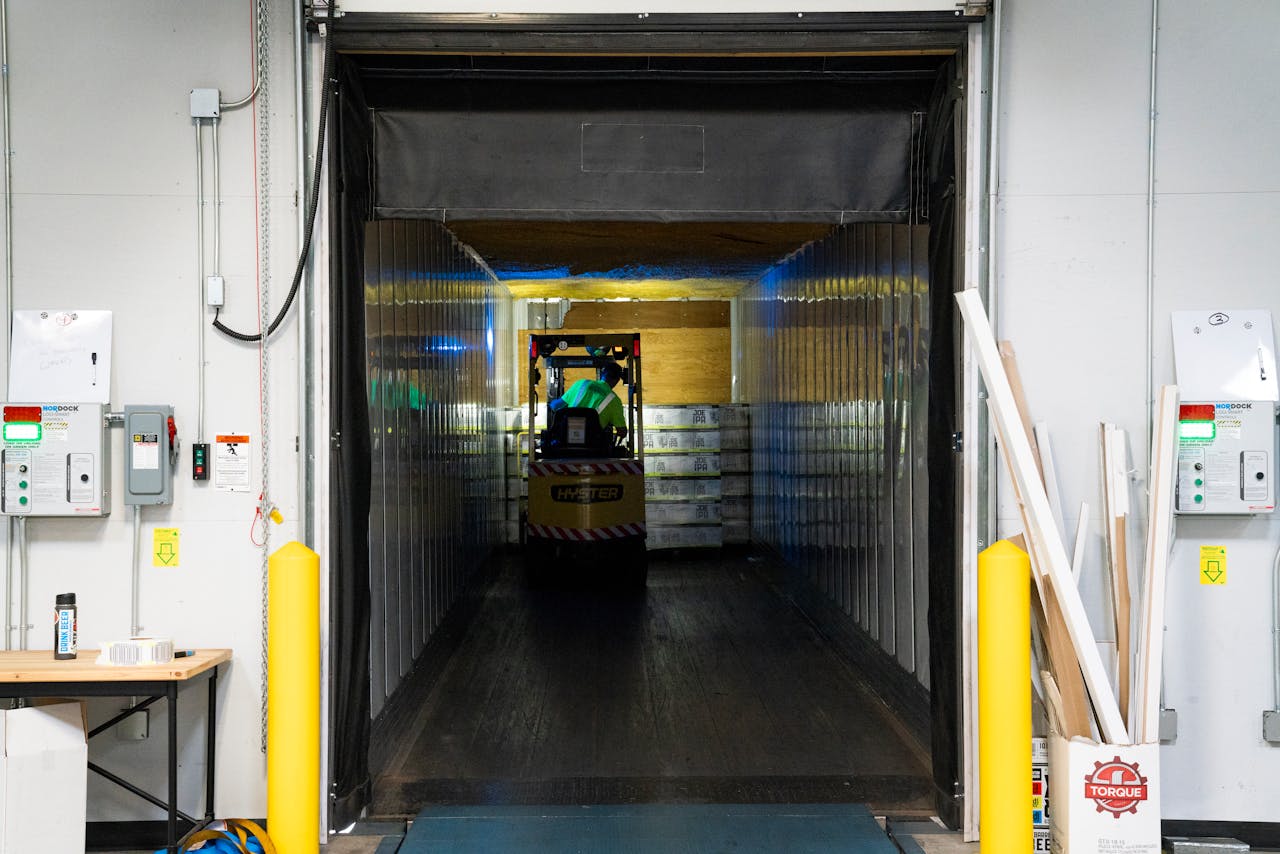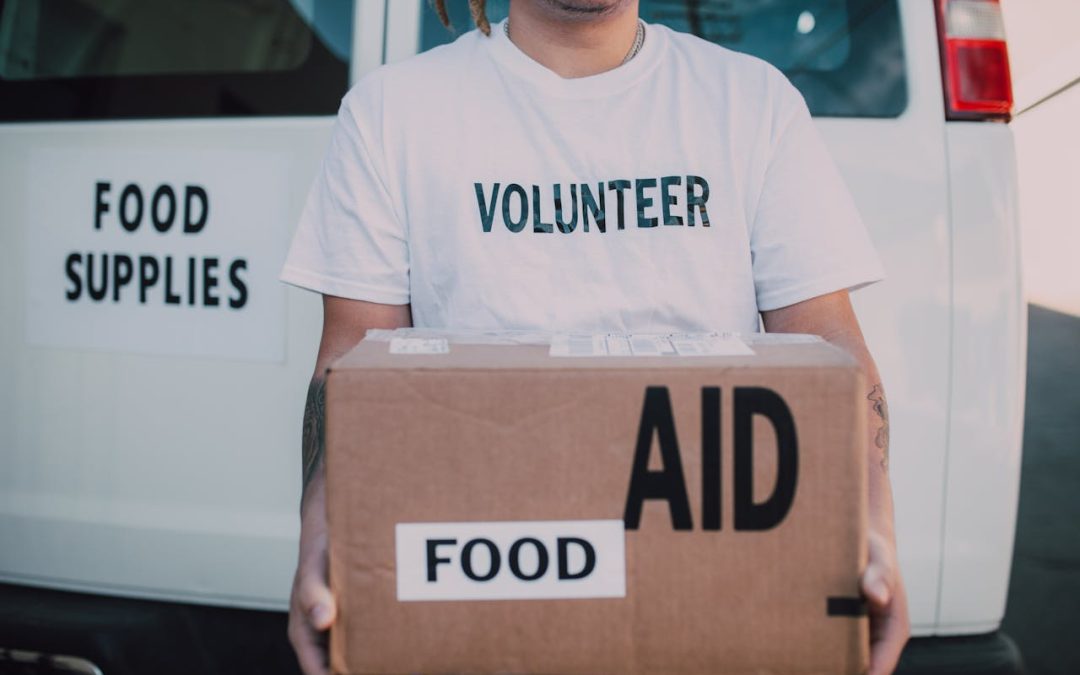In crisis situations, delivering aid swiftly and efficiently is critical.
Every second counts, and delays in getting necessary items to those who need them can lead to more suffering and more danger.
The LET, or the Logistics Emergency Teams, is a partnership between four of the largest logistics giants who join forces to support the humanitarian sector during emergency events like natural disasters. For instance, in 2023, the LET provided access to local logistics experts to support operations, refrigerated containers for storage and transportation of WFP mobile storage units after major earthquakes killed over 50,000 people in Turkiye and Syria.
Freight forwarding plays a critical, behind-the-scenes lifeline in humanitarian crises, helping to manage the complicated movement of aid to those who need it most. Armed with expertise and experience navigating logistical challenges, Millennium Cargo is dedicated to aiding humanitarian support efforts.
In this blog, we discuss the role of freight forwarding in humanitarian aid.
The Complexities Of Humanitarian Logistics
Several roadblocks need to be overcome in humanitarian logistics, each a potential risk of delay in providing aid where it’s needed most.
Damaged Infrastructure
Natural disasters such as earthquakes and wildfires can cause incredible damage to essential infrastructure. Whether it’s roads, ports or the destruction of bridges, this breakdown of access can get in the way of delivering aid to affected areas.
Limited Resources
During a crisis, there is often a sudden need for more resources than currently available. For example, an earthquake may cause such massive local infrastructure collapse that most local food resources are inaccessible and external resources cannot be delivered due to unsafe roads.
Sufficient trucks, ships, and planes may also be unavailable to meet such an urgent demand, and fuel could also be in short supply.
Urgent Timeframes
When a disaster occurs, urgency is paramount. The longer aid takes to arrive, the more serious the situation, the more suffering that occurs, and the longer it takes for those affected to recover.
There is a sudden, massive pressure to move quickly, but coordinating relief is incredibly difficult because it relies on multiple organisations and government bodies to manage the logistics.
Complex Regulations
Getting any type of goods from A to B across the border involves navigating different rules and regulations, like customs clearance and local laws.
In emergencies, when time is pressured to get aid to the site as fast as possible, these necessary processes can cause delays, especially in countries with unstable governments.

Security Concerns
Humanitarian workers and aid supplies may be at risk in zones of conflict or civil unrest. Security challenges like the threat of violence and theft can prevent aid from reaching its destination quickly and restrict access to particular areas. Additional protective resources, as well as support from local authorities and military forces, might be required to keep people and goods safe while in transit.
As you can see, the delivery of aid in times of disaster comes up against hurdles that need to be worked around safely. Freight forwarders play a critical role in managing these challenges and ensuring efficient delivery of aid.
What Role Does Humanitarian Logistics Play In Disaster Relief?
Humanitarian logistics plays a crucial part in disaster relief efforts. Here’s how.
Crital For Survival
Humanitarian logistics ensures essential provisions such as medical supplies and food can be delivered to affected areas as quickly as possible.
Relief Workers
When there is a major disaster, relief workers are required to assist in the area en masse. Humanitarian logistics facilitates fast, safe access.
Resource Allocation
Humanitarian logistics helps to manage resources efficiently, focusing on those who need them most first.
Humanitarian logistics are indispensable in facilitating the delivery of aid in times of disaster. But what do freight forwarders do to support relief efforts?
What Freight Forwarders Do
Freight forwarders don’t just transport goods in the commercial world. Let’s take a look at their role during a crisis.
Coordinating Transportation
Whether it’s over the ocean, through the air or by land, freight forwarders arrange transportation across various modes to ensure aid can reach even the most challenging of locations.
Navigating Customs And Regulations
With years of experience handling customs, navigating import and export regulations and other legal requirements, us freight forwarders are on hand to facilitate smooth and speedy aid delivery.
Warehousing And Distribution
Freight forwarders have expansive warehouse networks that can support the safe storage and distribution of aid in disaster zones.

Collaboration And Partnership
Working with LET, non-governmental organisations, governments and international agencies, freight forwarders can help to plan shipments so that aid can get where it needs to be.
Technology’s Role In Humanitarian Logistics
You’ll know by now that technology is transforming the world of shipping, and that doesn’t stop when disaster strikes.
Real-time Tracking
Comprehensive tracking technology provides real-time monitoring of the movement of aid shipments. This gives everyone involved an accurate assessment tool that can be used to reroute cargo when necessary, allowing for efficient coordination and distribution and clear boundaries regarding who’s accountable for the shipment throughout its journey.
Innovative Solutions
Emerging technologies like drones and blockchain are transforming humanitarian logistics.
Drones, which are aircraft that operate without a pilot, can be used to provide a speedy assessment of disaster sites. Information that is gathered around access can support search and rescue efforts and improve coordination in delivering aid quickly.
Blockchain, a decentralised digital ledger that records transactions across a network of computers, enhances transparency and improves efficiency in the delivery of urgent aid. Blockchain data is tamper-proof and can be seen by anyone within the network, meaning humanitarian organisations can build trust with both donors and recipients, supporting communities in crisis more effectively.
Freight Forwarders: A Critical Lifeline When Disaster Strikes
Delivering aid swiftly is top of the list in the event of a crisis, but it comes with many challenges.
From civil unrest to the destruction of necessary infrastructure, humanitarian organisations must navigate several hurdles whilst under serious pressure to get aid to those who are suffering as quickly as possible.
Freight forwarders like Millennium work with a variety of support organisations in coordinating the delivery of aid to disaster sites. Want to learn more about what we do? Get in touch!

